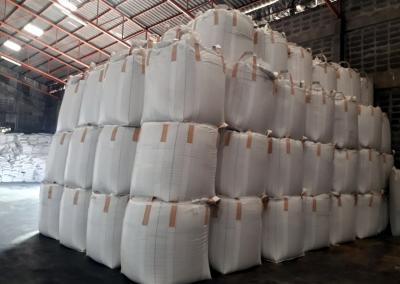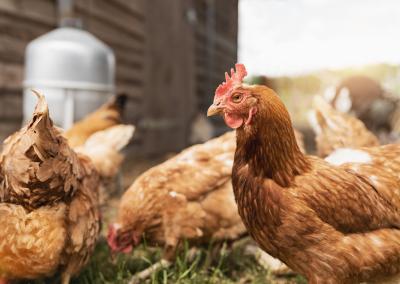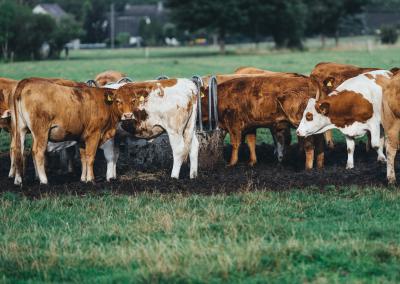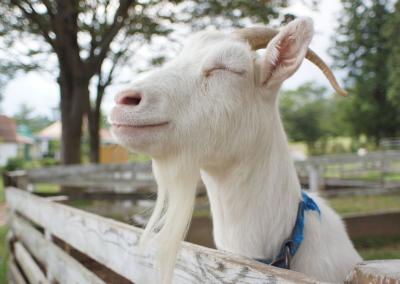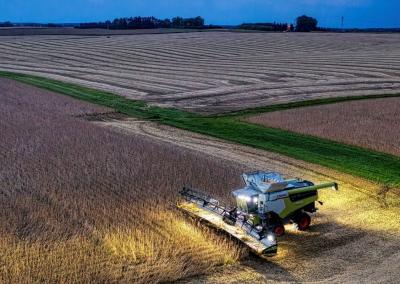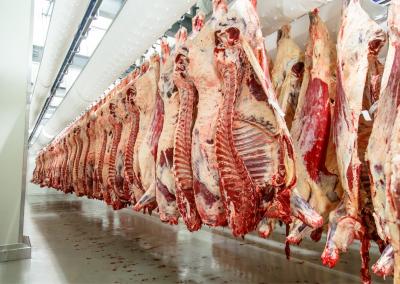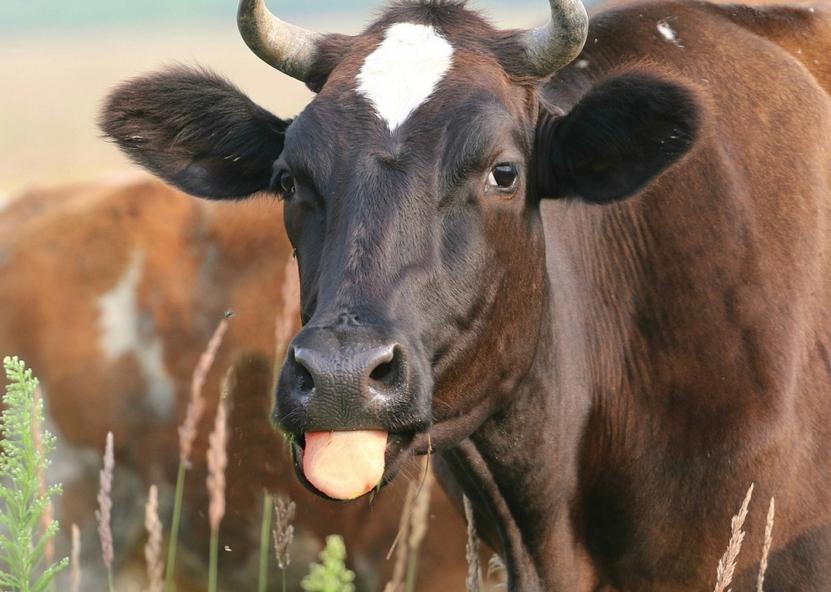EC aims to double the number of young farmers
The European Commission (EC) on Tuesday unveiled a strategy to support young farmers and increase the attractiveness of the agricultural sector.The scheme aims to double the number of young farmers, including new entrants, in the European Union (EU) by 2040 to around 24 per cent.
In order to achieve this goal, the Commission recommends that Member States, especially those with a more acute problem, invest at least 6 percent of their agricultural spending in measures to promote generational change. They are also encouraged to make use of additional funding opportunities.
Under the strategy, Member States should develop national strategies on intergenerational change in agriculture by 2028, addressing barriers and identifying the necessary support measures, based on the Commission's recommendations.
The strategy addresses five main issues: access to land, financing, skills, a decent standard of living in rural areas and support for farm successors. Each of these levers will be addressed through targeted flagship initiatives.
The proposal foresees the creation of a package for young farmers under the next Common Agricultural Policy (CAP) to facilitate their involvement and establishment in the sector, with a one-off support of up to €300,000 and a redirection of more funds to young farmers.
The strategy foresees cooperation with the European Investment Bank to develop guarantee schemes and/or interest rate subsidies to facilitate access to finance and the creation of a European Agricultural Monitoring Organisation to increase transparency on land ownership.
In addition, the relevant aspects of intergenerational change in relation to inheritance, pensions and the transfer of agricultural tenure should be included in the European Semester cycle. Young farmers will also be encouraged to participate in the "Erasmus for Young Entrepreneurs" programme to gain farming experience abroad or to diversify their sources of income by learning from other sectors.
The strategy also aims to improve living conditions in rural areas while supporting local development and the inclusion of young people and women. It also includes co-funding for agricultural support services to replace agricultural workers in cases of sickness, holidays, family care or childcare, in order to improve their work-life balance.


